In life, unforeseen circumstances can arise, such as illness or unavailability, which may render you unable to make important decisions about your financial and personal matters.
To ensure that your affairs are handled in line with your wishes, even when you cannot act yourself, it is crucial to comprehend the significance of an Enduring Power of Attorney. This legal instrument empowers another individual or individuals to act as decision-makers on your behalf.
What exactly is an Enduring Power of Attorney?
It is a document that grants authority to a trusted person, above the age of 18, to make decisions concerning your financial and personal affairs when you are unable to do so. Whether it’s managing your finances, dealing with property matters, or making important decisions about your well-being, the chosen attorney becomes your representative, acting in your best interests.
When appointing an attorney, it is essential to select someone you have complete confidence in, someone who will prioritize your interests and make decisions according to your wishes. Many individuals choose their spouse, adult child, or a trusted friend for this role.
The authority granted through the Enduring Power remains in effect until it is revoked or until your passing. You retain the right to modify or revoke it at any time, as long as you possess the legal capacity to understand the implications of your actions.
The obligations of the attorney are of paramount importance. The donor places immense trust in their attorney to act with honesty and care, always considering the donor’s best interests. The attorney must familiarize themselves with the duties outlined in the Powers of Attorney Act 2014. Keeping the document in a safe place and providing it when exercising powers is vital, as financial institutions and banks may require sight of it.
It is important to note that the enduring power of attorney is revoked in its entirety upon the donor’s passing. Therefore, it is crucial to periodically review and update your Enduring Power of Attorney to ensure it aligns with your current wishes and circumstances.
The commencement and conditions of power can be specified in the Enduring Power of Attorney document. It may start immediately or upon the donor ceasing to have decision-making capacity. The power may also be subject to specific conditions, such as authorising the attorney to deal with certain property or expiring on a specified date.
In cases where multiple attorneys are appointed, decisions can be made jointly, jointly and severally, or by majority agreement. Joint decision-making requires all attorneys to agree and act together, while joint and several decision-making allows any attorney to make decisions and sign relevant documents independently. Majority decision-making necessitates the agreement of the majority of attorneys.
Appointment of a Medical Treatment Decision Maker
Individuals also have the option to appoint a medical treatment decision maker. This appointment grants authority to make medical choices on their behalf when the individual has lost decision-making capacity.
The Medical Treatment Planning and Decisions Act 2016, effective from 12 March 2018, provides guidelines for the appointment of medical decision makers. If a medical enduring power of attorney was created prior to this law change, it continues to be recognised under the new Act.
Advanced Care Directive
To provide further guidance on future medical treatment, an individual may consider creating an Advanced Care Directive. This document can include instructional directives with legally binding instructions about future treatment preferences or refusals. It can also include a values directive that documents the person’s values and preferences for future medical treatment.
Healthcare professionals are obliged to follow the instructions outlined in the instructional directive. If no instructional directive is present, the medical treatment decision maker considers the person’s preferences and values when making decisions, while consulting the person’s closest family members.
Creating an Enduring Power of Attorney, Appointment of Medical Treatment Decision Maker, and sometimes establishing an Advanced Care Directive are essential steps to safeguarding your future and ensuring that your wishes are respected in critical decision-making processes.
By seeking legal advice and understanding the implications of these legal instruments, you can empower yourself and protect your interests even when circumstances prevent you from acting personally.


